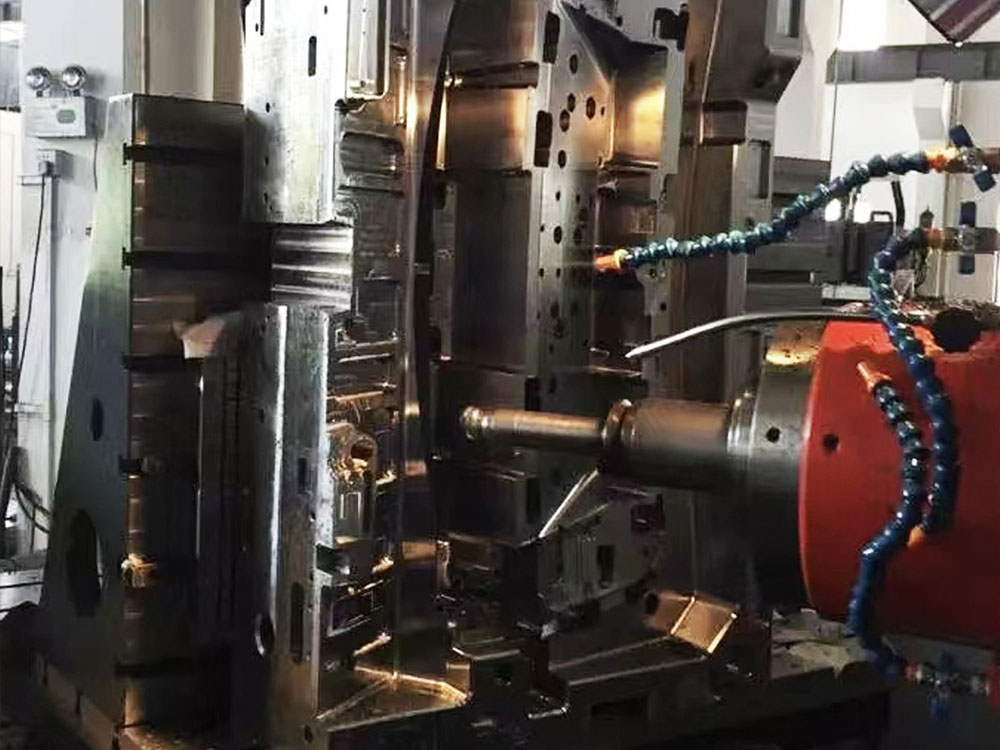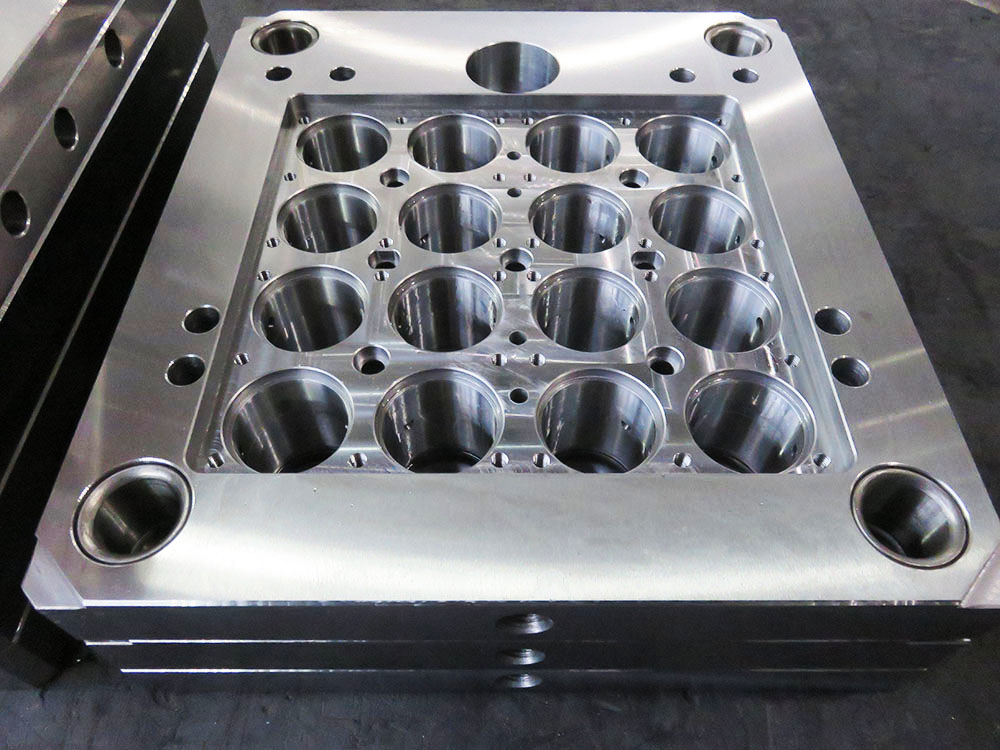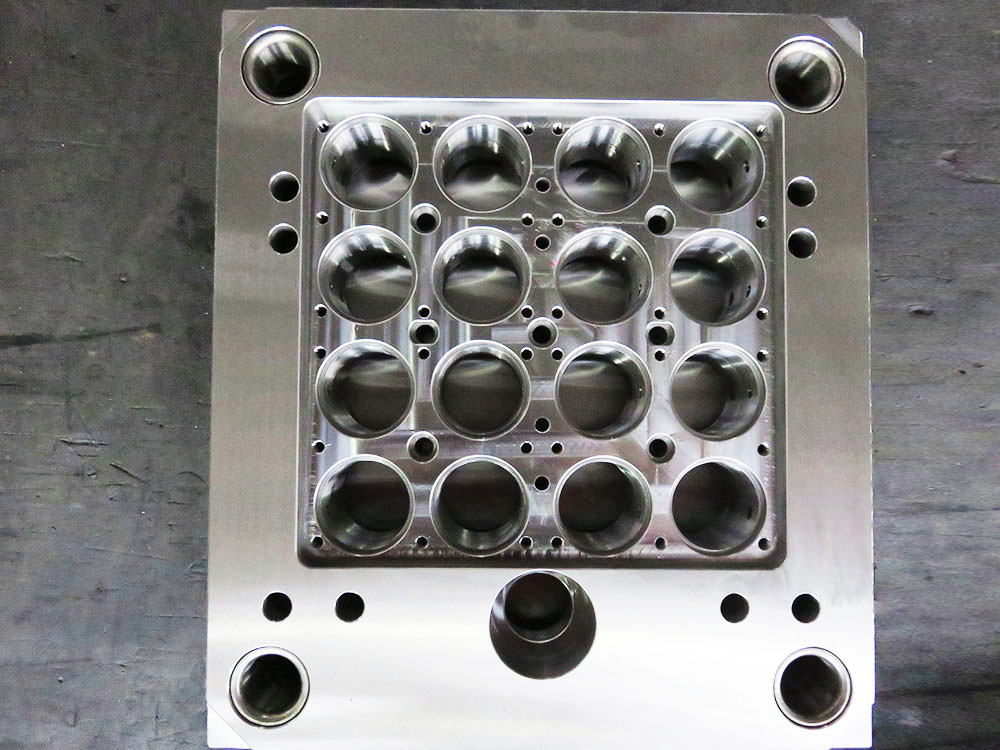What is modular construction?
Modular construction is a method of building where various components of a structure, known as modules, are prefabricated in a factory-controlled environment and then transported to the construction site for assembly. Each module is constructed to meet specific design requirements and can be easily connected with other modules to create a complete building.
Benefits of modular construction in the mold base industry
The mold base industry is constantly seeking ways to improve efficiency and quality in the production of molds. Modular construction offers several benefits that make it an attractive option in this industry.
1. Reduced construction time
Modular construction significantly reduces construction time compared to traditional on-site construction methods. As the modules are prefabricated in a controlled environment, construction can progress concurrently on both the factory floor and the construction site. This reduces the overall project schedule and allows mold base manufacturers to deliver products to their customers faster.
2. Improved quality control
Prefabrication in a factory setting allows for a higher degree of quality control. Each module undergoes rigorous testing and inspections during the manufacturing process, ensuring that it meets the required standards and specifications. This helps to eliminate errors, minimize rework, and improve the overall quality of mold bases.
3. Enhanced customization
Modular construction allows for a high level of customization, which is particularly advantageous in the mold base industry. Manufacturers can design modules to meet the specific requirements of their customers, including dimensions, configurations, and features. This flexibility enables the production of highly specialized mold bases that cater to individual customer needs.
4. Cost savings
Modular construction offers cost savings in multiple ways. Firstly, the controlled factory environment allows for efficient use of materials, reducing waste and associated costs. Secondly, the reduced construction time translates into lower labor costs. Lastly, the improved quality control minimizes the likelihood of errors and rework, saving additional expenses.
5. Sustainability
Modular construction is recognized for its sustainable attributes. The controlled factory environment enables effective use of resources and reduces energy consumption. The fabrication process generates less construction waste compared to traditional construction. Additionally, modular buildings can be disassembled and reassembled, promoting reuse and reducing waste generation.
Conclusion
Modular construction offers numerous benefits to the mold base industry, including reduced construction time, improved quality control, enhanced customization, cost savings, and sustainability. Implementing modular construction methods can help mold base manufacturers streamline their production processes, deliver products faster, and meet the evolving needs of their customers.




